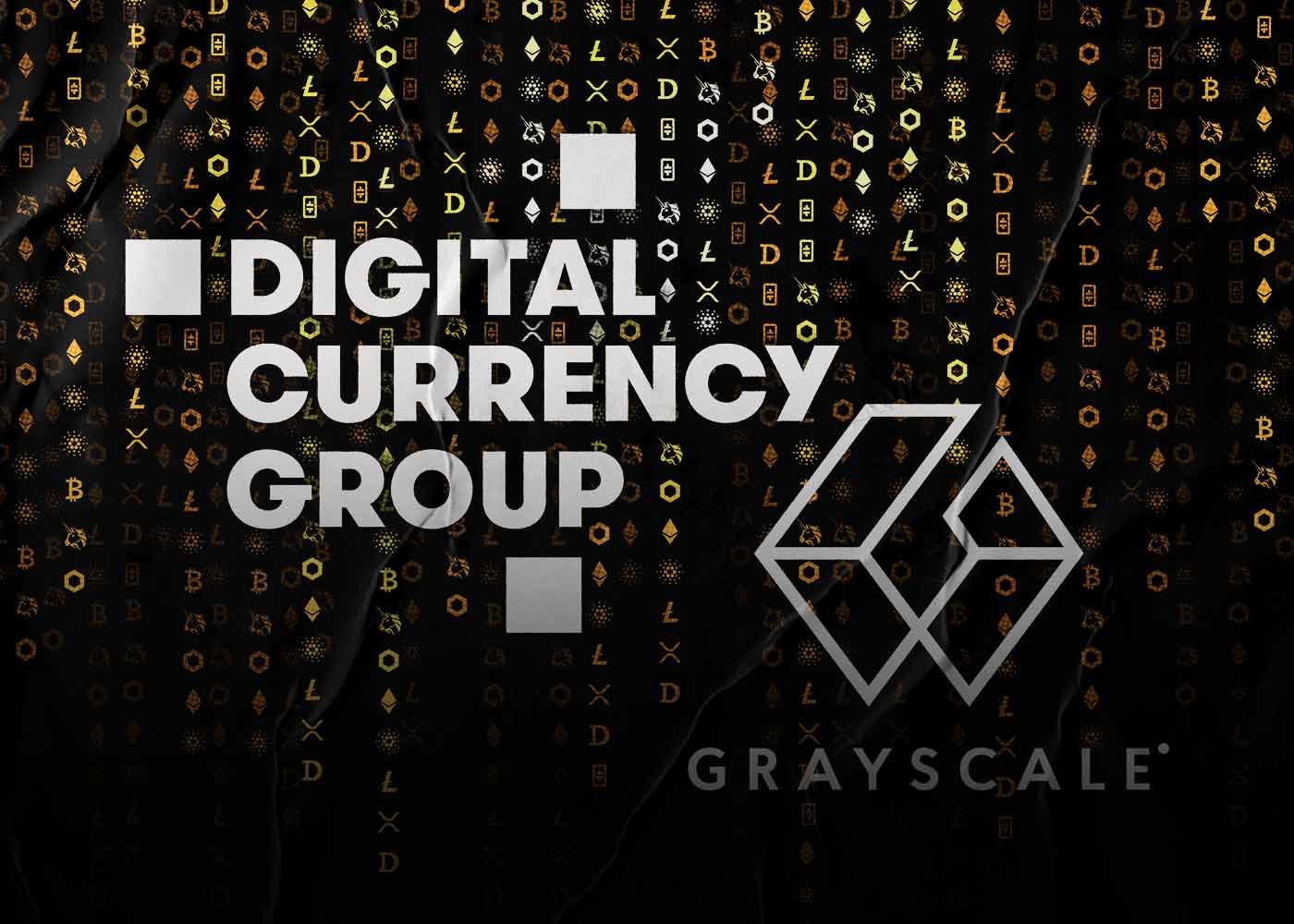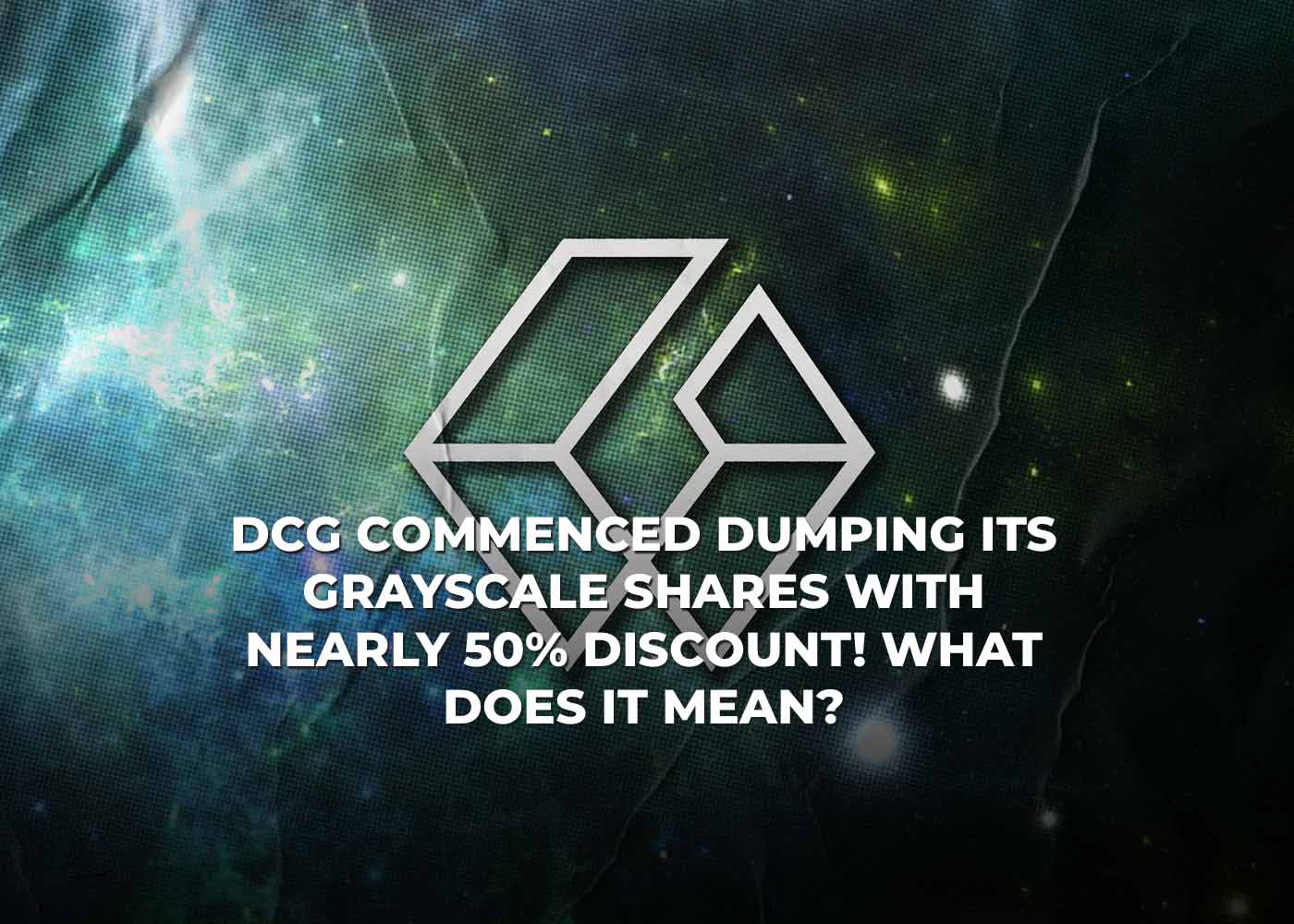
As the business has started to sell off its Grayscale shares at over a 50% discount, the problems at Digital Currency Group (DCG) appear to be reaching a breaking point. Investors are worried about this decision since there has been much conjecture in the cryptocurrency world about how it would affect the market.
What could be the Reason Behind DCG ’s Movement?
After Genesis declared bankruptcy last month, it became clear that the platform owed large sums of money to creditors. The Gemini cryptocurrency exchange, whose Earn clients are allegedly owed over $900 million, is one among those creditors. Therefore, due to clear financial concerns and liquidity problems, the parent company, DCG, is currently selling off Grayscale shares to stay afloat.
The US Securities and Exchange Commission received a document from DCG indicating that the company was selling a sizable percentage of its Grayscale shares, a different business that falls under the DCG umbrella.
According to the reports, DCG has reportedly unloaded around 25% of its Grayscale Ethereum fund (ETHE) holdings.

Barry Silbert, CEO of DCG, justified selling the Grayscale shares by claiming that it was “just another move in our continuing portfolio rebalancing.” The business last sold part of its Ether fund shares in 2021, and this sale marks its first in more than a year.
How will it Affect the Cryptocurrency Market?
The movement of the overall cryptocurrency market has yet to be impacted by DCG‘s selling of its Grayscale shares. This could be the case given that the corporation doesn’t appear to be liquidating any of its Grayscale Bitcoin Trust (GBTC) shares.
The GBTC is the biggest Bitcoin trust in the world, managing about $14 billion, or around 3% of the entire quantity of BTC. According to reports, DCG had almost 67 million GBTC shares as of January 2023; if the corporation were to sell those shares, it would undoubtedly affect the market. DCG is, however, still clinging to its shares, which is excellent news.
However, the GBTC and the ETHE continue to trade at substantial discounts to net asset value (NAV). This is because shareholders cannot exchange their shares for the digital assets stored in the trust. To convert the trust into a spot bitcoin ETF, the company is now engaged in a legal battle with the SEC.
You might check: Unlocking the Secrets of Lido DAO: What You Need to KnowDAO






